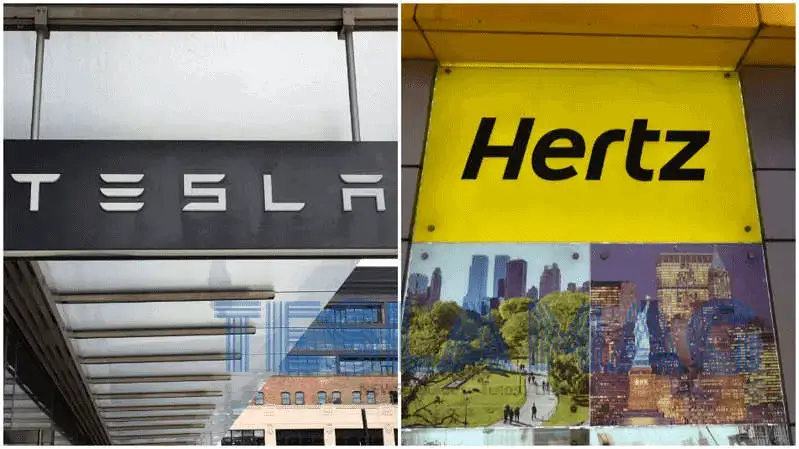Bloomberg says Hertz has lost its bet on Tesla electric vehicles
In a bold attempt to recover from bankruptcy, Hertz, the car rental company, has placed a colossal bet on Tesla electric vehicles. This investment, which was supposed to mark a turning point in the car rental industry, initially appeared to be a masterstroke. However, according to an article by Erik Schatzker and David Welch of Bloomberg dated 3 April 2024, things didn’t turn out as planned.
A Promising Start
The story begins with panache in November 2021, during a flamboyant evening at Zero Bond, a private club in Manhattan. Guests were greeted with champagne and fine food, and witnessed the announcement that Hertz was, against all odds, returning to the limelight after a successful IPO, raising $1.3 billion. Tom Wagner and Greg O’Hara, the financiers behind this spectacular comeback, seemed to have pulled off one of the greatest turnarounds in corporate history.
The Fall
However, despite this initial momentum, Hertz’s strategy of relying heavily on Tesla’s electric vehicles ran into major difficulties. The Bloomberg article highlights a series of miscalculations and misjudgements that ultimately led to what could be considered a strategic failure. The authors highlight the complexity of integrating EVs into a traditional fleet, the logistical challenges, and perhaps a less than perfect alignment with consumer expectations.
Error Analysis
The article does not specifically detail the mistakes made by Hertz, but it is possible to infer several critical points in the management of their EV fleet. Firstly, EV adoption, while growing, still presents challenges in terms of charging infrastructure and consumer perception that may have been underestimated. Secondly, brand dependency may have limited Hertz’s flexibility and ability to adapt to the varied needs of its customer base.
Implications for Industry
This turnaround for Hertz raises important questions about the future of electric vehicles in the car rental industry. While the commitment to sustainability and green technology is laudable, this experience highlights the need for a balanced strategy that takes into account both the benefits of EVs and the practical realities of integrating them into existing fleets.
Conclusion
Hertz’s venture with Tesla reminds companies of the need for careful planning and a thorough understanding of the market when transitioning to green technologies. While Hertz’s initiative was ambitious, its execution appears to have suffered from over-optimism and a lack of understanding of the challenges associated with EVs. As the car rental industry continues to evolve, the Hertz case will no doubt serve as a lesson for future attempts at innovation and transformation.
The transition to electric vehicles remains a crucial element in the fight against climate change. However, as the case of Hertz shows, this transition must be approached with caution, taking into account the complexities of the market and consumer expectations.
